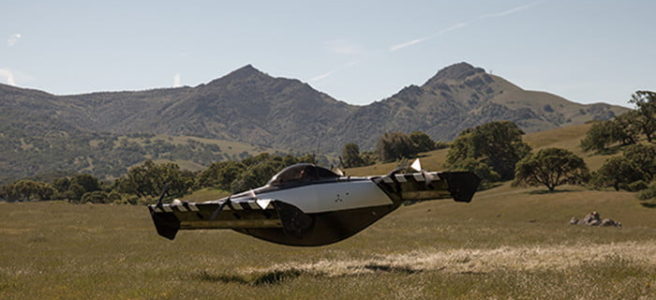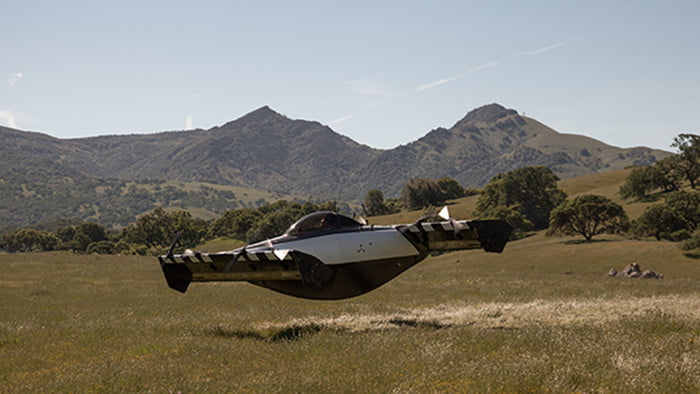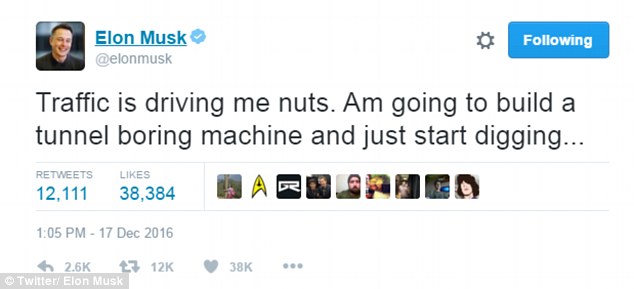“Ugh,” you are, at this point, almost certainly thinking. “Another self-righteous blog post about bicycles. Just what the internet needs. Great.”
By now the audience has reduced by half (at least) as the rest of those folks navigated away to go look for FailBlog videos or something with baby animals exploring playground equipment. And I get it, you’ve all heard this diatribe before, and besides cyclists are just so damn annoying. That’s really it, at the end of the day.
Just this morning I was almost pasted by some guy hopping onto the sidewalk from riding toward oncoming traffic during rush hour. What a dickhead. And if you’re still reading you obviously know that all cyclists aren’t like that guy, and obviously as that happened he and I were both passed by like 20 people texting and driving on their way to work, but damn, he almost got me.
And hell, even the good cyclists are a pain in the neck. They’re all over the roads that they don’t even pay for, zigging and zagging and carrying on. And if you can look past the film of human grease they’ve accumulated from exercising while commuting and their lewd pants you’ll probably get splashed as you pass them with inches to spare because they’re all just drenched with smug*. They’re the worst. I get it.
But what I don’t get about folks who openly hate cyclists or tacitly endorse that aggression by driving when they shouldn’t is how else they see this playing out.
Because, like, there are a lot of us, people, you know? And then every day there are a few more. And we’re all pretty much going to the same place – stores, stores, restaurants, whatever. And traffic is already pretty bad, right? That’s what I hear. So have a seat and use your imagination for a minute, really. How do you see this going?
Here’s a couple ideas for how it’s probably not going to go:
- Magical Autonomous Subterranean Hyperloop Super Cars
These are not going to save us. Sorry. Elon Musk and his ilk have continually shown that in driving innovation the technology industry is exceptional at creating value for shareholders, and not quite as good at solving problems that are measured by human lives, or goodness, or really anything other than currency. They are, however, pretty good at inventing problems for which they have a patent on the solution. - Flying Cars
File this with with the tunnel cars. - Back to the Old Days
Certainly to the chagrin of your grandfather and right-wing whackjob uncle who thinks our economy should still work like it’s 1890, things are not going to go back to the good ol’ days, when you never had to sit in traffic and a gallon of milk cost a nickle. - Nuclear Winter
Shoot actually this one might just play out. And it’ll look a lot like the old days, the wild west, I guess, but you’ll pay for things with ears or teeth or something and probably eat babies, if Cormac McCarty knows anything. - Gradually Numbing Our Perception of What Is An Acceptable Distance to Sit in Our Cars, Isolated by Glass and Air Conditioning and Podcasts from Our Communities, as We Increasingly Sprawl and Pave the Interstices between Cities and Towns and We Find that Eventually We Have Created a Kind of Infinite Strip Mall of Mega-Box Stores and Build-a-Bears and Office Parks and Office Park Parking Lots and We Have No Choice to Meet Our Basic Needs than to Sit in a Car for 45 (60? 90!) Minutes at a Time to Simply Buy Lettuce or Something, or Even Worse it Becomes So That the Horror of Doing So is Insurmountable and So We Order Our Lettuce on the Internet and Never Feel That The Cost – Financial, Emotional, ETC – Is Worth Leaving Home and We Further Insulate Ourselves from Each Other and Simply Maintain “Communities” Through AOL Instant Messenger, or Whatever, So that this Virtual Community Usurps Actual Community as a Tenet of Our Values and We as a Species Shrivel and Withdraw and Do Not Expire By Way of (the now curiously intriguing) Nuclear Winter but Simply Cease to Exist in Any Meaningful Way.
Phoenix, in other words. Shoot that’s already a thing.
And suddenly the idea that conserving space in our cities, towns, and communities by leaving behind the 6,000 pound handbags that we use to put off retirement and murder people just doesn’t seem that crazy. It is one of two logical progressions of how our communities will develop.
Transportation problems are not ones that need a new invention. We have it, and stamp them out for a few hundred dollars a piece. Cars, obviously, are not going anywhere (and nor should they, they’re great), but we need to stop thinking of them as the norm, and start thinking of them as the exception. Without this kind of shift in how we leave the house, we will continue to literally pave the way to living in an asphalt hellscape.
Bicycle evangelists are about as annoying as all the other kinds of evangelists, and so we can be easy to write off. But the premise is unassailable: the only path to livable communities is through a collective embrace of sustainable transportation – buses and bikes.
*I hear only diesel fumes can get it off you.
Like









